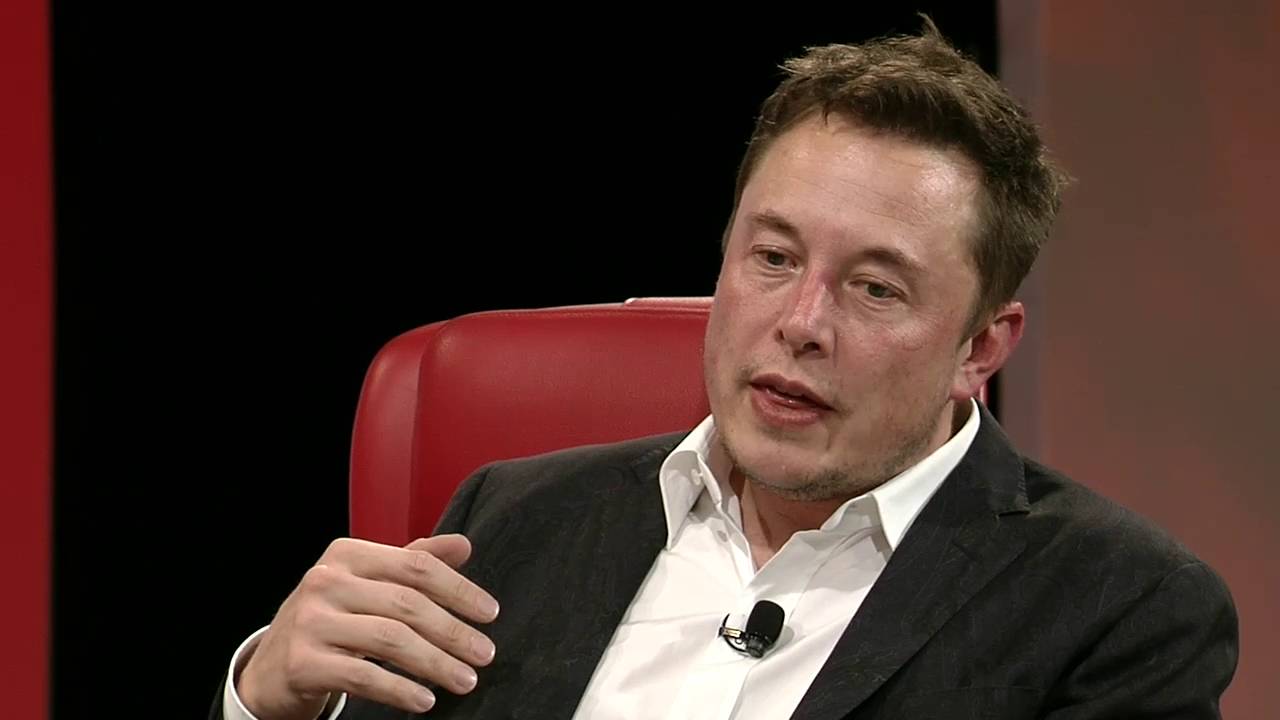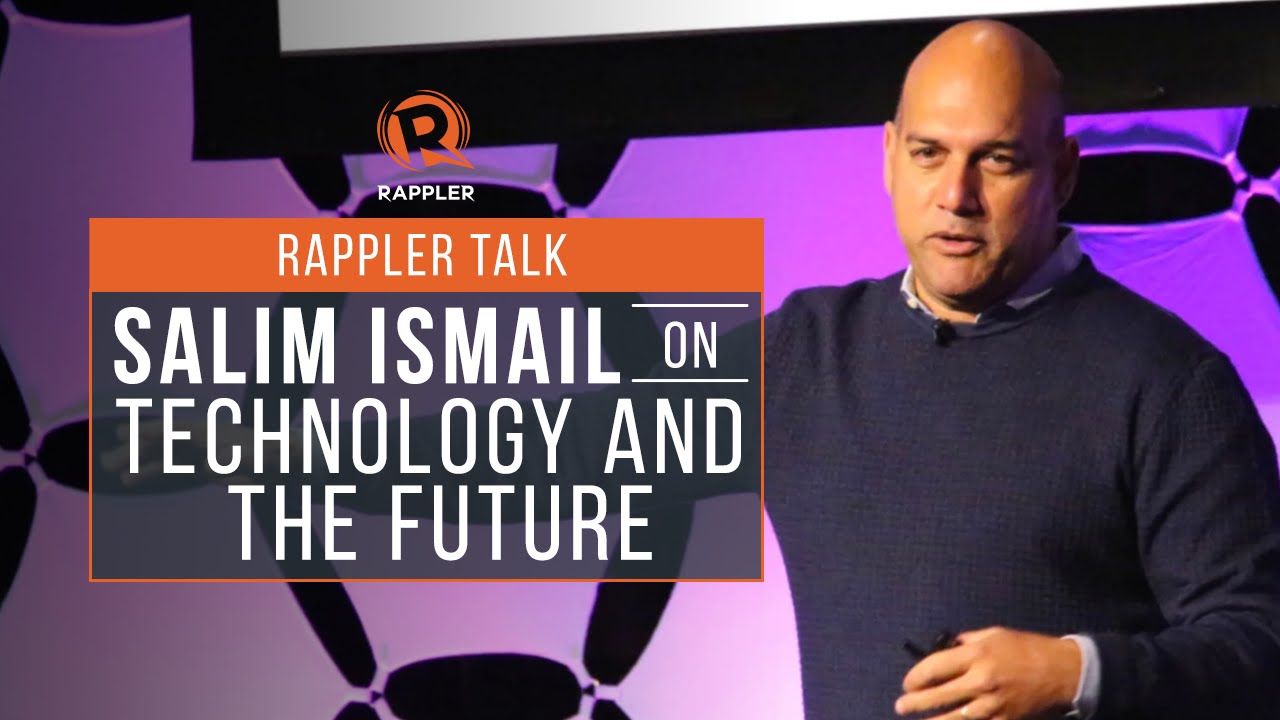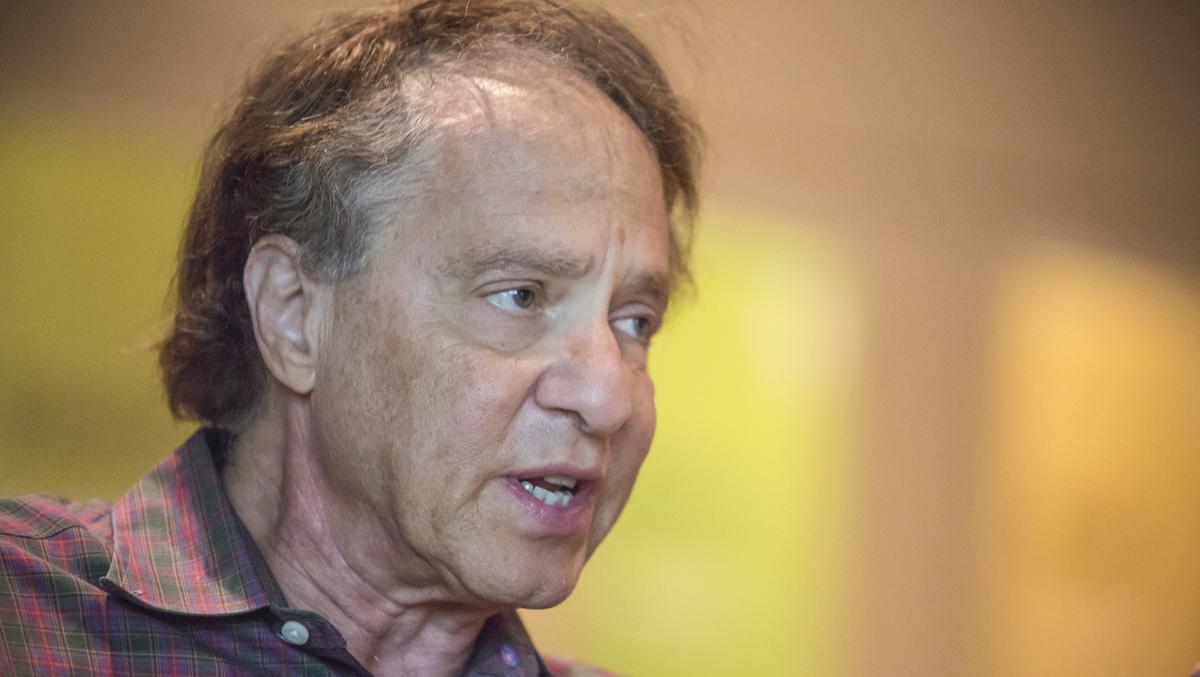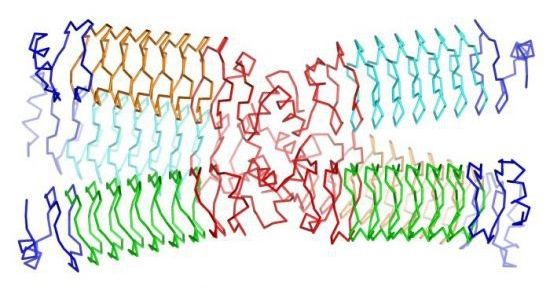Archive for the ‘singularity’ category: Page 67
Sep 11, 2016
The 21st Century Is a Wild Time to Be Alive
Posted by Klaus Baldauf in category: singularity
Last week in San Francisco, Singularity University hosted its first-ever Global Summit. In three days, we heard over 100 science and technology experts give talks in more categories than one human mind can fully process.
Whether you attended the conference and need help making sense of the information or missed it and want a taste of the action, I’ve collected Singularity Hub articles on some of the major themes to give you takeaways from the event.
If you’re curious for a look inside the conference, you can watch:
Continue reading “The 21st Century Is a Wild Time to Be Alive” »
Sep 9, 2016
Ray Kurzweil: Accelerating Tech Is Making Old Intellectual Property Laws Obsolete
Posted by Shailesh Prasad in categories: law, Ray Kurzweil, singularity

As technology and innovation move faster and faster, concerns over ownership and access continue to increase. In answer to a question at a Singularity University event, Ray Kurzweil suggested we need to rethink intellectual property laws to more realistically match today’s pace.
Intellectual property laws from the 19th century were envisioned with roughly 20-year cycles, he said, which was enough to give you a head-start on a new idea or invention and attract funding to see it through. But how relevant is a 20-year cycle today when a generation of technology can come and go in a year—and even that is set to speed up?
Sep 8, 2016
Elon Musk is Looking to Kickstart Transhuman Evolution With “Brain Hacking” Tech
Posted by Carse Peel in categories: Elon Musk, evolution, habitats, neuroscience, robotics/AI, singularity, sustainability, transhumanism

Elon Musk has recently hinted that he may be working on a “neural lace,” a mesh of electronics that will allow AI and the brain to work together. This could help human brains keep up with future enhancements in AI.
There’s no doubt that Elon Musk is one busy individual. When not playing on the Tesla factory floor, he may be bringing electric roofs to electric vehicles, or dreaming up the Hyperloop, or toying with the future of AI.
Sep 8, 2016
Building a stairway to the singularity
Posted by Carse Peel in categories: computing, robotics/AI, singularity
A computer’s victory over a human go master this past March reminds us of the pending “singularity” — the rapidly approaching moment in time when artificial intelligence overtakes human intelligence. Machines will learn, and we won’t be their teachers. Are we prepared for it? Can we prepare for it?
We’d better. Many futurists declare it inevitable, probably within a generation, maybe less. Shukan Shincho magazine discusses some hypothetical implications in its Aug. 25 edition. Even the least of them are shocking. For example, in 2045 a computer with the combined intellectual power of the entire human race would cost $100. In short, it’ll be no big deal. What will be a big deal? Should we shudder at the thought, or rejoice?
Francis Bacon (1561−1626) is generally acknowledged as the grandfather of modern science. “Nature, to be commanded, must be obeyed,” he wrote. His fictional “New Atlantis” was a utopia ruled by scientists who, having admitted their ignorance and purged themselves of illusory knowledge, experimented, observed and slowly built up from scratch an ever-expanding store of “true” knowledge — armed with which they “commanded” nature to outgrow her destructive caprices and ease mankind’s lot.
Sep 8, 2016
Google, Singularity University futurist Ray Kurzweil on the amazing future he sees — thanks to technology
Posted by Elmar Arunov in categories: business, computing, engineering, health, life extension, nanotechnology, Ray Kurzweil, robotics/AI, singularity
Ray Kurzweil is a futurist, a director of engineering at Google and a co-founder of the Singularity University think tank at NASA Ames Research Center in Mountain View. He is a nonfiction author and creator of several inventions.
Kurzweil met with the Silicon Valley Business Journal to discuss how technology’s exponential progress is rapidly reshaping our future through seismic shifts in information technology and computing power, energy, nanotechnology, robotics, health and longevity.
Sep 7, 2016
3 Big Trends Shaking Up the Energy Industry
Posted by Karen Hurst in categories: energy, singularity, transportation
We are at the cusp of an energy revolution.
This post is a look at how three technologies — solar, batteries, and electric vehicles (EVs) — are poised to disrupt a $6 trillion energy industry over the next two decades.
I had the chance to sit down with Ramez Naam, chair of Energy and Environmental Systems at Singularity University and acclaimed author of the Nexus series, to discuss these major forces and their implications.
Continue reading “3 Big Trends Shaking Up the Energy Industry” »
Sep 5, 2016
Singularity: Is It Possible? Has It Already Begun?
Posted by Elmar Arunov in categories: employment, robotics/AI, singularity
Singularity: The technological singularity (also, simply, the singularity) is the hypothesis that the invention of artificial superintelligence will abruptly trigger runaway technological growth, resulting in unfathomable changes to human civilization.
Have you ever taken a look at the constantly accelerating world of technology and thought “what happens if these machines become more intelligent than us? Will they develop conscious thoughts and decide that we are inferior and wipe us out? Will they become our bff’s for being their creators? How come our jobs are rapidly being replaced by machines? What will be the role of humans if we are no longer the most intelligent beings? Is this at all even possible?”
I find these ideas interesting to think about and I think the notion of singularity is a possibility that should at least be considered. In this article I’m going to outline a few of the issues surrounding intelligent machines and advanced AI. As well as give some of my personal opinions about the topic.
Continue reading “Singularity: Is It Possible? Has It Already Begun?” »
Sep 1, 2016
Biohacking Will Let You Connect Your Body to Anything You Want
Posted by Elmar Arunov in categories: bioengineering, cyborgs, health, singularity
Singularity University Global Summit is the culmination of the Exponential Conference Series and the definitive place to witness converging exponential technologies and understand how they’ll impact the world.
How many cyborgs did you see during your morning commute today? I would guess at least five. Did they make you nervous? Probably not; you likely didn’t even realize they were there.
In a presentation titled “Biohacking and the Connected Body” at Singularity University Global Summit, Hannes Sjoblad informed the audience that we’re already living in the age of cyborgs. Sjoblad is co-founder of the Sweden-based biohacker network Bionyfiken, a chartered non-profit that unites DIY-biologists, hackers, makers, body modification artists and health and performance devotees to explore human-machine integration.
Continue reading “Biohacking Will Let You Connect Your Body to Anything You Want” »
Aug 31, 2016
A New Way to Create Synthetic Proteins Could Lead to More Flexible Designs
Posted by Karen Hurst in categories: biological, nanotechnology, singularity
Nice advancement for the nanomaterials space particularly as we look at ways to improve machines, devices, BMI, living buildings or other living structures, etc. Definitely advances efforts around Singularity.
Proteins perform a myriad of functions essential for life. They also make up important and useful biological materials, for example spider silk, which is exceptionally strong but still flexible.
The ability to design completely new proteins would help scientists create nanomaterials that, like spider silk, have a specific microstructure that confers useful properties.
Continue reading “A New Way to Create Synthetic Proteins Could Lead to More Flexible Designs” »
















